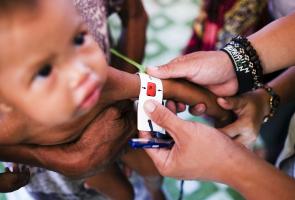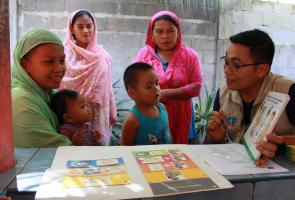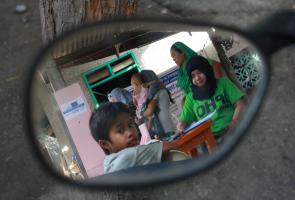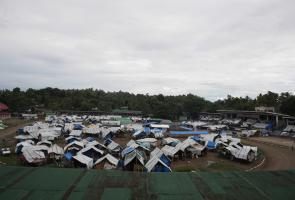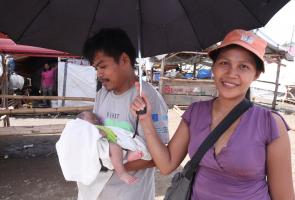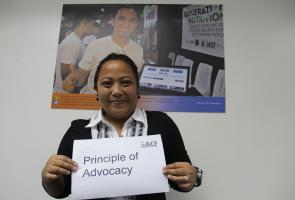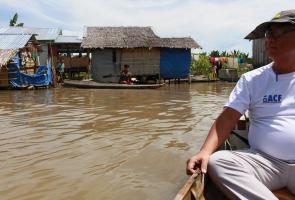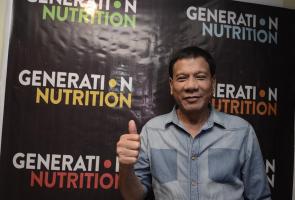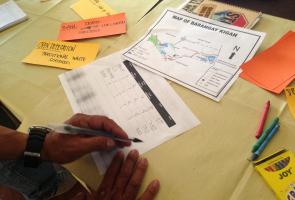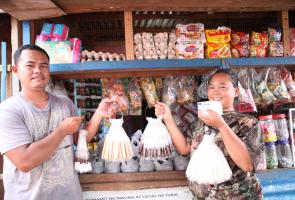News
2016 World Humanitarian Day: Focus on Philippines
18/08/16
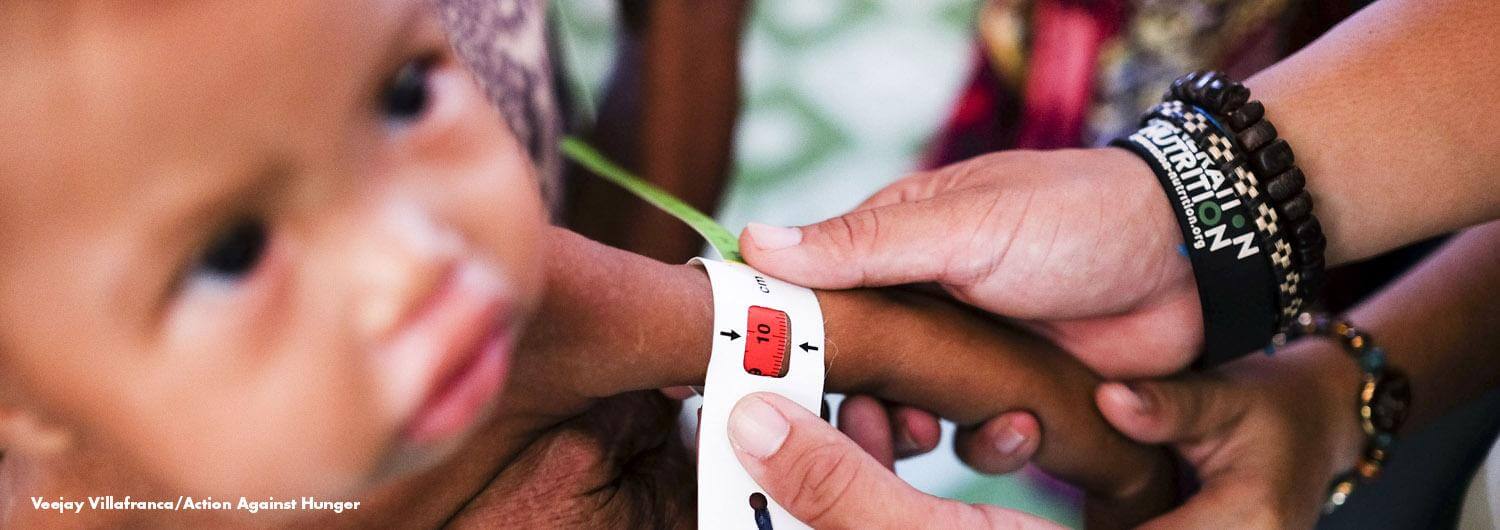
#ShareHumanity
The conflict in southern Philippines dates back to the 19th century, and considered as one of world’s longest running struggle pushing for self-governance, calling for equitable distribution of Mindanao's resources and greater attention to social development in the present times.
For the last 50 years, the upsurge in number of armed groups who fought for Moro cause has affected communities. Despite the signing of the final peace agreement between the government and the Moro National Liberation Front (MNLF), the conflict has continued to this day, with the Moro Islamic Liberation Front (MILF), which forged another final peace agreement with the government through the Comprehensive Agreement on the Bangsamoro (CAB) in 2014. Awaiting for the Bangsamoro Basic Law (BBL) to be ratified by the Philippine legislature, the peace process has faced a number of delays. Indigenous peoples living in the hinterlands are among the first to face the direct consequences of clashes between the New People's Army (NPA), the armed wing of the Communist Party of the Philippines (CPP), and the government security forces. Armed violence has affected the vulnerable indigenous communities, including human rights violation.
In January 2015 conflict in Central Mindanao displaced 60,000 people from their homes and livelihoods. In September 2013, fighting broke out between the government troops and a faction of the MNLF in Zamboanga City, displacing 118,000 people. About 14,000 IDPs still remain in 12 transitional sites. In Surigao del Sur, around 2,700 people fled their homes seeking safety and security at the Provincial Sports Complex at Tandag in August 2015.
The displacements across southern Philippines have affected the development of communities and forced populations away from their livelihoods. This has, in turn, caused people to be driven deeper into poverty.
Describing the situation in Maguindanao, Zamboanga and Surigao del Sur as a "forgotten crisis,” Action Against Hunger Philippines has expressed concern over the conditions of the displaced persons, highlighting there is not much attention being given by the media to the crisis, and clearly there is a need for international humanitarian donors to step up funding.
In the island provinces in Mindanao, conflict between government armed forces and armed group Abu Sayyaf continue to displace people in Sulu and Basilan.
Challenges in Food Security and Nutrition
Despite the Philippines dubbed as middle income country, chronic malnutrition remains one of the biggest challenges the country. 3.4 million children who are stunted or short for their age and more than 300,000 children under 5 years who are wasted or underweight for their age area affected by underlying causes of poverty. The Food and Nutrition Research Institute reported that from 2015, the Philippines stunting or chronic malnutrition rate among children under-5 was 33.4% nationwide, up by 3.3% from 2013, and 35.7% for children aged 0 to 2. The stunting situation is highest in the Autonomous Region and Muslim Mindanao in southern Philippines with 45.2%, in 2015, 7% up from 2013. The risk of malnutrition increases in the aftermath of emergencies particularly in Eastern Visayas with 41.7% and Mimaropa with 40.9% due to frequent natural disaster.
While the country still reels from the consequences of the armed conflicts and effects of El Nino to croplands, the population are now bracing for the onset of rainy season in the second half of 2016. Overall the El Niño-related damages in the Philippines total US$258.5 million and affect nearly 285,000 farmers and 380,000 hectares of croplands, mostly in central and eastern Luzon and central Mindanao. They urgently need immediate assistance, food, livelihoods, sanitation and hygiene, education, while gender inequality, rise of teenage pregnancies and limited maternal education impact the incidence of stunting. According to the Zamboanga Learning Review on Post Conflict Community Engagement commissioned by Action Against Hunger, IOM, UNFPA and UNOCHA, the children displaced have fallen prey to diseases and malnutrition while the women's biggest fear remains on insecurity because of rising cases of violence against women and children.
However, these days the world over takes very little notice to the ongoing crisis. Not only has the international community failed, but the media's limited coverage of the crisis means that the average Filipino is utterly unaware of what’s happening to 11-month-old Sami Samsudin and 17-month-old Abdul Kababai from Maguindanao who both suffer from severe malnutrition (SAM).
Ahead of the adoption of the Global Goals for Sustainable Development in 2015, the former Davao City Mayor and now the newly-elected President Rodrigo Duterte endorsed the 10-point action plan calling world leaders to end child deaths from hunger and malnutrition as part of the Generation Nutrition campaign. In 2014 he passed an executive order integrating and operationalizing the Integrated Management of Acute Malnutrition (IMAM) protocol in Davao City’s local health system.
But the displacement crisis across the Philippines could swell if left unchecked. Our call for the new leadership is to commit and invest in nutrition as well as hold nutrition stakeholders accountable to meet targets to reduce child stunting and wasting, and strengthen and sustain the political will to address malnutrition as a crucial concern of development.
Action Against Hunger is calling on the Philippine government to:
- Ensure that the peace process is a high priority, and increase the resilience of communities to food crises and prevent undernutrition during and after emergency situations.
- Support the process for a policy on internally displaced persons which will give due attention to all forms of displacement, including conflict and development-induced displacement.
- Ensure adequate funding support to address nutrition issues during emergencies.
- Address delays in allocation and distribution of funds and political challenges, including inadequate cooperation between national and local government which are hampering essential development and recovery processes.
Action Against Hunger remains committed to maintain and strengthen international presence in Mindanao in view of the current volatile situation in relation to the ongoing armed conflicts.
